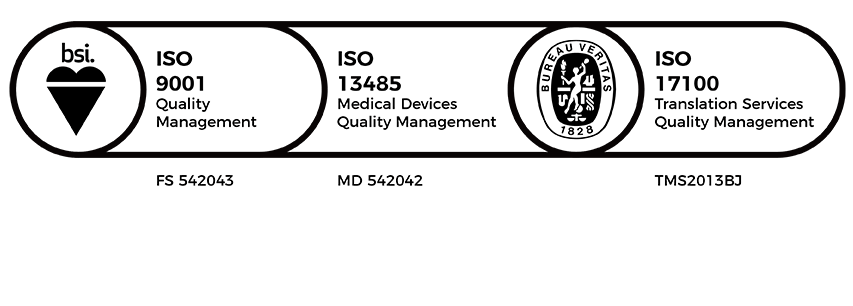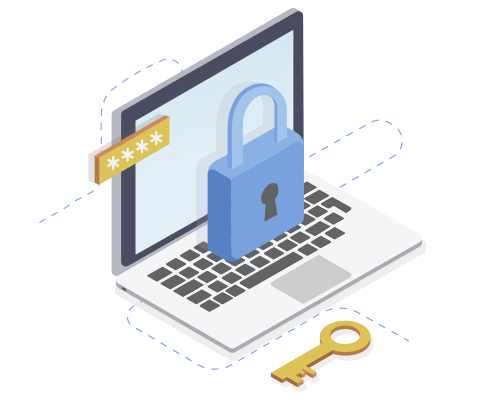Quechua Translations (QU)
We provide the highest-quality Quechua translations for your businesses’ needs to access and succeed in Peru, Bolivia, Columbia, Ecuador, and Argentina’s markets.
Professional And Accurate Localization Solutions
With major industries across commodities, foodstuffs, oil, natural gas, and petroleum, businesses can leverage Quechua translations to reach the estimated 8 to 10 million people that speak Quechua and engage the markets of South American countries. Most Quechua speakers live in Peru. However, Quechua translations are also an effective tool for connecting with customers in Bolivia, Columbia, Ecuador, and Argentina where significant populations of Quechua speakers live. Linguistic accuracy, in-depth cultural understanding, subject matter expertise, and localization best practices are all necessary components in ensuring success for any product or service entering the local market. Additionally, high-quality, consistent Quechua localization solutions require advanced AI translation technology combined with native, in-country linguists for a quick turnaround time.
Quechua Translations:
Identifying the Necessary Dialect for Engaging New Markets
Having origins in a common ancestral language, Quechua is an indigenous language family that is the most widely spoken pre-Columbian language family of the Americas. Quechua, often called Runasimi in Quechuan dialects, is spoken by 25% (about 7.7 million) of Peruvians and is the second most spoken language family in Peru, after Spanish. The Quechua language has various dialects within and even beyond Peru’s borders that must be accounted for when leveraging Quechua translations to engage new markets. Quechua dialects are organized into two categories: Quechua I (Central Quechua) and Quechua II (Peripheral Quechua). The latter can be further categorized as North Peruvian Quechua (A-II), spoken in Peru, Northern Quechua (B-II), spoken in Columbia and Ecuador, and Southern Quechua (C-II), the most widely spoken dialect that can be found across Bolivia, Argentina and Peru. With so many different cultural nuances that vary across regions, the importance of understanding local communities is critical for ensuring success in whatever product or service is entering the market. Whether you are seeking Quechua to English translations or English to Quechua translations, it is essential to ensure the cultural appropriateness and local sophistication of every project entering or expanding from Peru, Bolivia, Columbia, Ecuador, and Argentina’s market. Through our in-country, subject matter expert linguists, and with over 20 years of experience, CSOFT understands the importance of distinguishing different dialects of Quechua depending on the project.
CSOFT specializes in all types of Quechua translation solutions, including:
- Huaylas (Central Quechua)
- Conchucos (Central Quechua)
- Western Huayhuash (Central Quechua)
- Middle Huayhuash (Central Quechua)
- Oriental Huayhuash (Central Quechua)
- Mantaro Valley (Central Quechua)
- Huanuco-Maranon (Central Quechua)
- Yunkay (North Peruvian Quechua)
- Kichwa (Northern Quechua)
- Ayacucho Quechua (Southern Quechua)
- Cusco Quechua (Southern Quechua)
- Puno Quechua (Southern Quechua)
- North Bolician Quechua (Southern Quechua)
- South Bolivian Quechua (Southern Quechua)
- Santiagueno Quechua (Southern Quechua)
Translation Solutions for a Language Impacted by Historic Institutions
Quechua’s rich culture and various dialects can in part be attributed to the impact made by historic and powerful institutions such as the Inca Empire and the Roman Catholic Church. Though Quechua was already used throughout the regional area of the central Andes before, the Inca Empire’s mandate to impose Quechua as the official language contributed to its proliferation as a common language. Likewise, after the Spanish conquest of Peru, the Quechua language became a significant tool for international communication as it received recognition from Spanish administration while Spaniards learned it to communicate with local people. As Quechua has gone on to be influenced by similarly prevalent indigenous languages such as Aymara and other local languages, it has become the rich and diverse language it is known to be today. With so many cultural and linguist differences to account for, expert Quechua translations vital to properly identify and accurately resonate with the many speakers of the Quechua language.
CSOFT provides professional and technically accurate Quechua translation solutions for all business sectors, including:

Quality Assurance
Through our innovative cloud-based technology, CSOFT offers an online translation management ecosystem for one central location to leverage both translation memory as well as terminology management in real time.
Professional, high-quality localization of a service or product is critical for translation solutions in global markets. CSOFT understands the importance of accurate translation, which is why we have developed a process for quality assurance to ensure that any project that is translated meets quality standards in a timely manner that is also cost effective. Our advanced translation technology management system allows for translation projects remain in one centralized location, updated in real time, to ensure that every step of the way, CSOFT has you covered. Additionally, we are certified in ISO 17100:2015, ISO 9001:2015, and ISO 13485:2016, and our operations leverage best practices of ISO 27001 to ensure our customized solutions meet global regulatory requirements.
Learn more about our quality assurance process.
Quechua Translations for Diverse Content
CSOFT has extensive experience localizing a variety of content from and to Quechua, including:
Utilizing our translation tools, we are able to process a variety of file types such as:
- MS Word
- MS Excel
- PowerPoint
- JAVA
- InDesign
- FrameMaker
- HTML
- XML
- DITA
Data Security
CSOFT has implemented many security procedures throughout our organization to ensure client proprietary information is always held in the highest confidence. We have well-documented and fully traceable information security policies, checklists, and quality records. CSOFT understands the importance of security to our clients, and we take nothing for granted when confidentiality is a concern. All our data and security processes comply with our certified ISO standards 17100: 2015, 13485:2016, and ISO 9001:2015. We also leverage best practices from ISO 27001.
Learn more about how we protect your data.

Speak to us today!
For more information on how CSOFT can assist you with your translation requirements, please contact us through this website, or call us at +1-617-263-8950.
Are you conducting a translation RFP or tender? We love RFPs.

